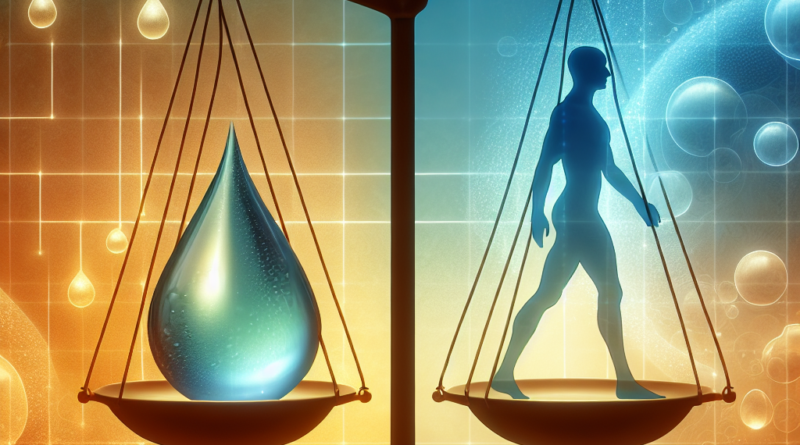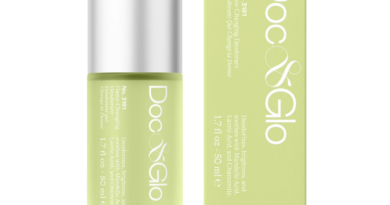Understanding the Link Between Hydration and Weight Loss
Hydration plays a crucial role in maintaining overall health and wellness. It is a key factor in various bodily functions, including digestion, nutrient absorption, and temperature regulation. However, the link between hydration and weight loss is often overlooked. Understanding this connection can be instrumental in achieving your weight loss goals.
Water is an essential component of every cell in our body. It aids in the transportation of nutrients, removal of waste products, and maintenance of body temperature. When it comes to weight loss, water can play a significant role in several ways.
Firstly, water can help suppress appetite naturally. Often, the body confuses thirst for hunger. Therefore, drinking enough water can help prevent overeating by ensuring that you are properly hydrated and not just mistaking thirst for hunger pangs. A study published in the journal Obesity found that people who drank two cups of water before meals lost more weight than those who didn’t.
Secondly, staying hydrated helps boost metabolism. Metabolism refers to the process by which your body converts what you eat and drink into energy. Even mild dehydration can slow down this process and lead to weight gain or hinder weight loss efforts.
Thirdly, drinking water aids digestion by preventing constipation and maintaining a healthy digestive tract. A well-hydrated digestive system allows for better elimination of waste products from the body which contributes to weight loss.
Moreover, hydration also plays a role in exercise performance – an important aspect of most weight loss plans. Adequate hydration helps maintain optimal physical performance during workouts by preventing muscle fatigue and cramps.
So how much water should you be drinking? The National Academies of Sciences recommends about 3.7 liters (or about 13 cups) for men and 2.7 liters (or about 9 cups) for women per day from all beverages and foods. However, individual needs may vary depending on factors like age, sex, weight, activity level, overall health, and climate.
In conclusion, while water alone may not be a magic weight loss solution, it is an important part of a balanced diet and healthy lifestyle. Incorporating adequate hydration into your daily routine can help support your weight loss efforts by suppressing appetite, boosting metabolism, aiding digestion, and enhancing exercise performance. Remember to always consult with a healthcare professional before making any significant changes to your diet or exercise routine.




